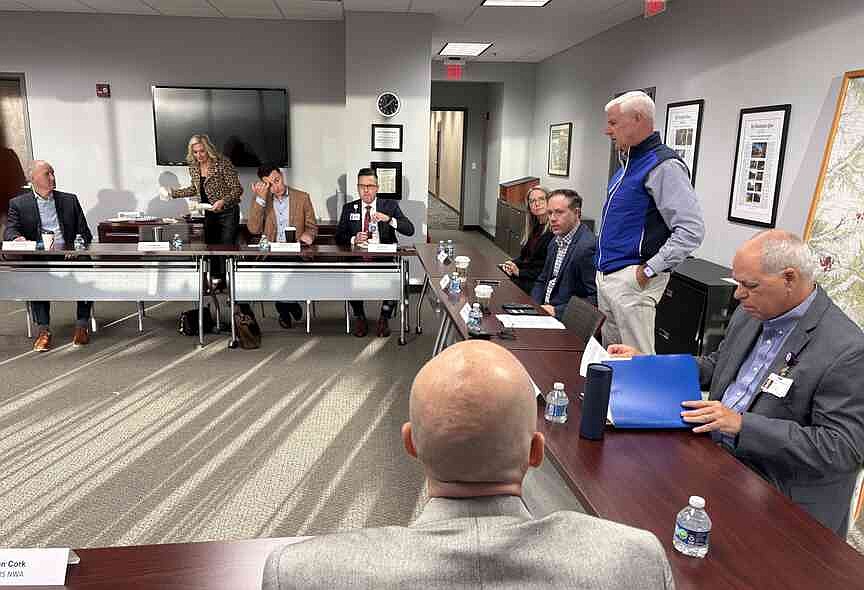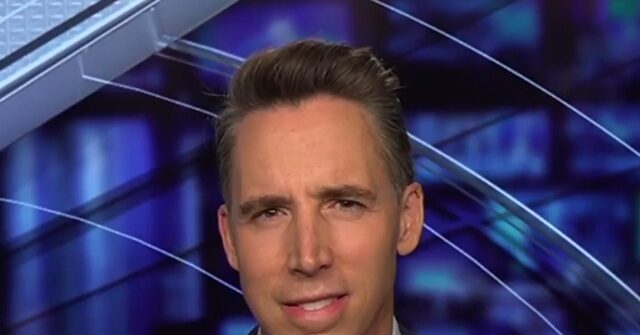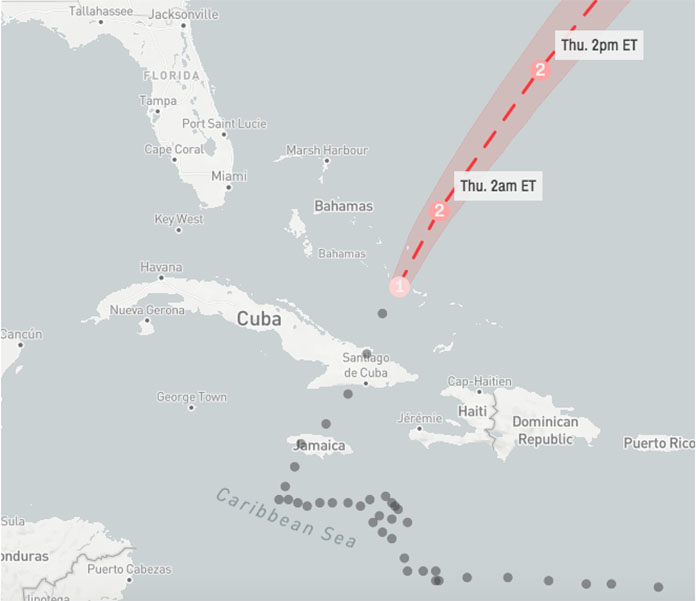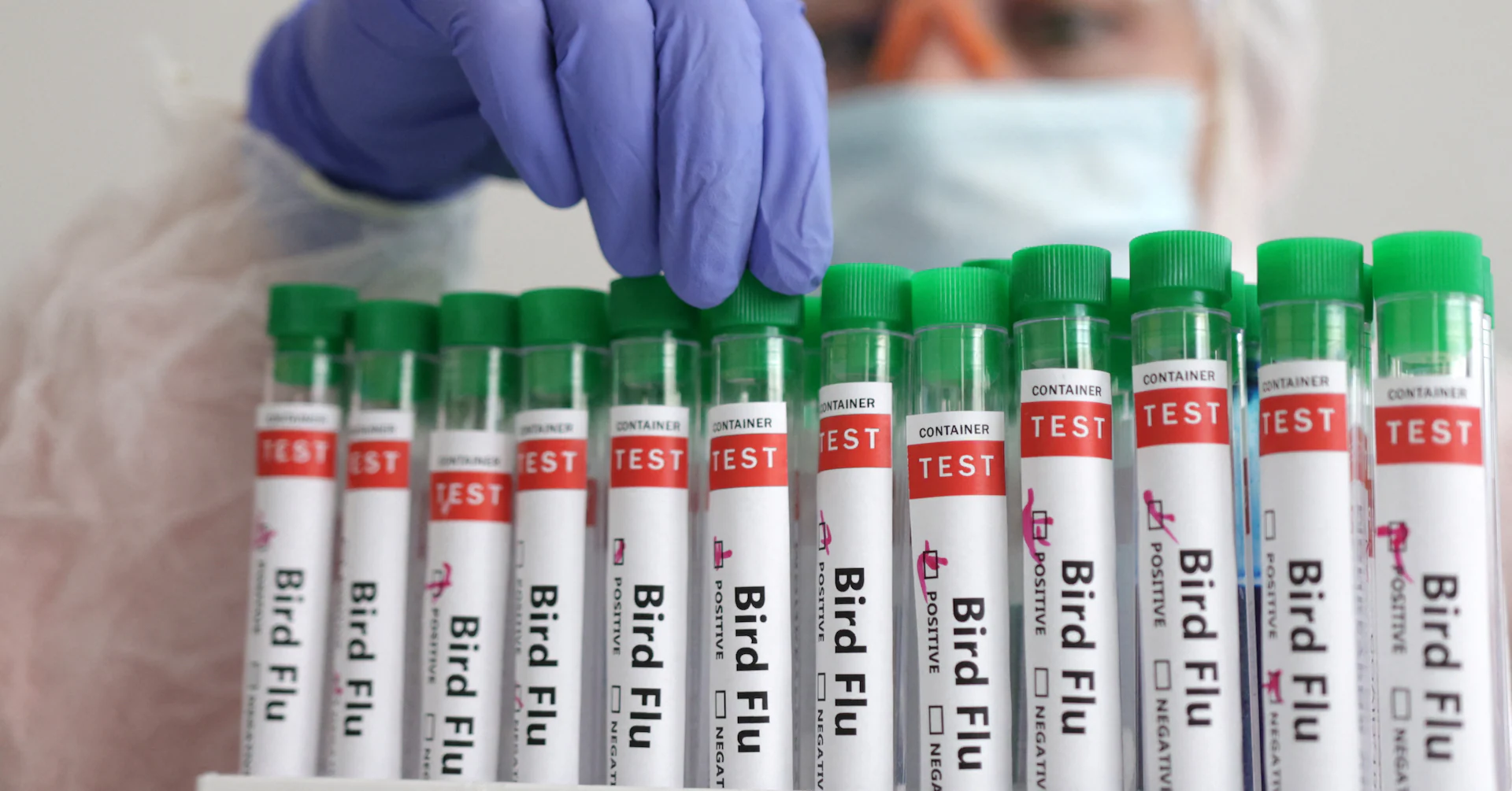Copyright Arkansas Online

SPRINGDALE -- Delays of 10 days or more hamper payments to hospitals and other health care providers from the federal government programs such as Medicare because many of the workers who process those claims remain on furlough during the government shutdown, U.S. Rep. Steve Womack of Rogers was told Friday at a roundtable discussion. Womack met with 20 or more health care managers and professionals at 8 a.m. Friday to discuss the shutdown's effects and other issues related to health care. One of those issues concerns one of the most basic needs of all: food. The federal Supplemental Nutrition Assistance Program, or SNAP, runs out of money Saturday. "We're going to see the health impact of that quickly," said Larry Shackelford, president of Washington Regional Medical System, after the meeting with Womack. Almost a quarter of a million Arkansans are among the 42 million Americans benefiting from SNAP, according to government figures. The health consequences of going hungry -- such as impaired immunity and having to choose between paying for health care and buying food -- were a topic during the discussion with the congressman, participants said. SNAP also was a major topic of a similar roundtable Womack hosted Thursday with farmers, ranchers, agricultural business representatives and educators to discuss agricultural issues. Both Thursday's and Friday's meetings took place at the Northwest Arkansas Council in Springdale. Womack said both days the lapse in SNAP benefits will put pressure on Congress to end the shutdown. Problems will start "cascading quickly" if the shutdown does not end soon, Womack said. For instance, children in school have a hard time learning while hungry, he said. "It's a classic 'Pay me now, or pay me dearly later' situation," he said. "Today my staff, who have been working pretty hard, have zero on their paychecks," Womack said in his opening remarks Friday. The shutdown reached its 30th day Thursday with an impasse in Congress over the federal budget. The last federal fiscal year ended Sept. 30. President Donald Trump called on Republicans in the Senate to end the rule requiring 60 of 100 votes to pass a spending bill, posting this in social media Friday morning. Womack opposes such a move, he told the group in his opening remarks. "Someday our roles will be reversed," he said, saying a Democratic president with Democratic majorities in Congress would be able to pass spending bills at will without regard to Republicans if the 60-vote threshold is removed. Senate Majority Leader John Thune, R-S.D., has rejected such demands to do away with the 60-vote rule in the past, including similar demands from President Trump during Trump's first term.



